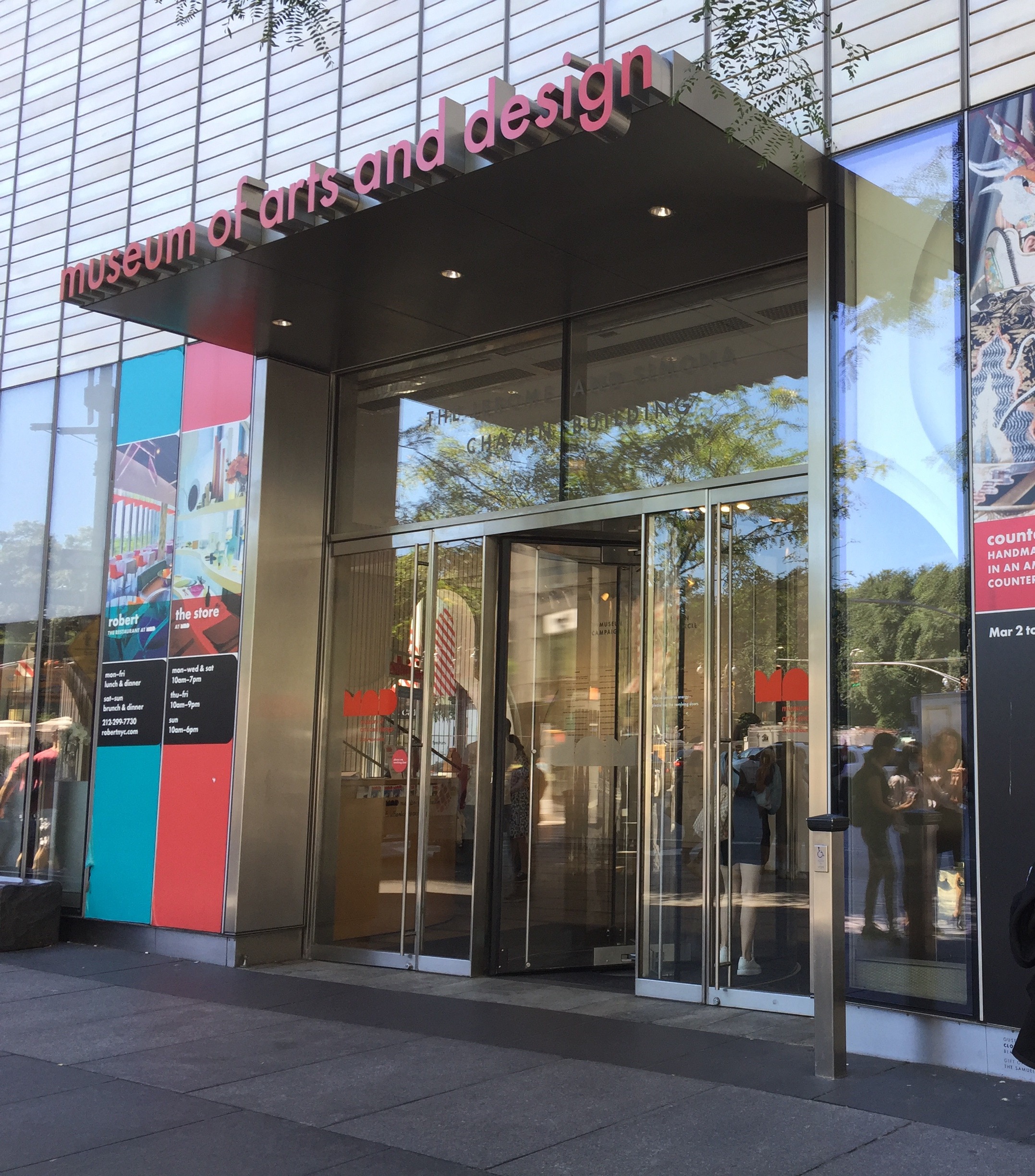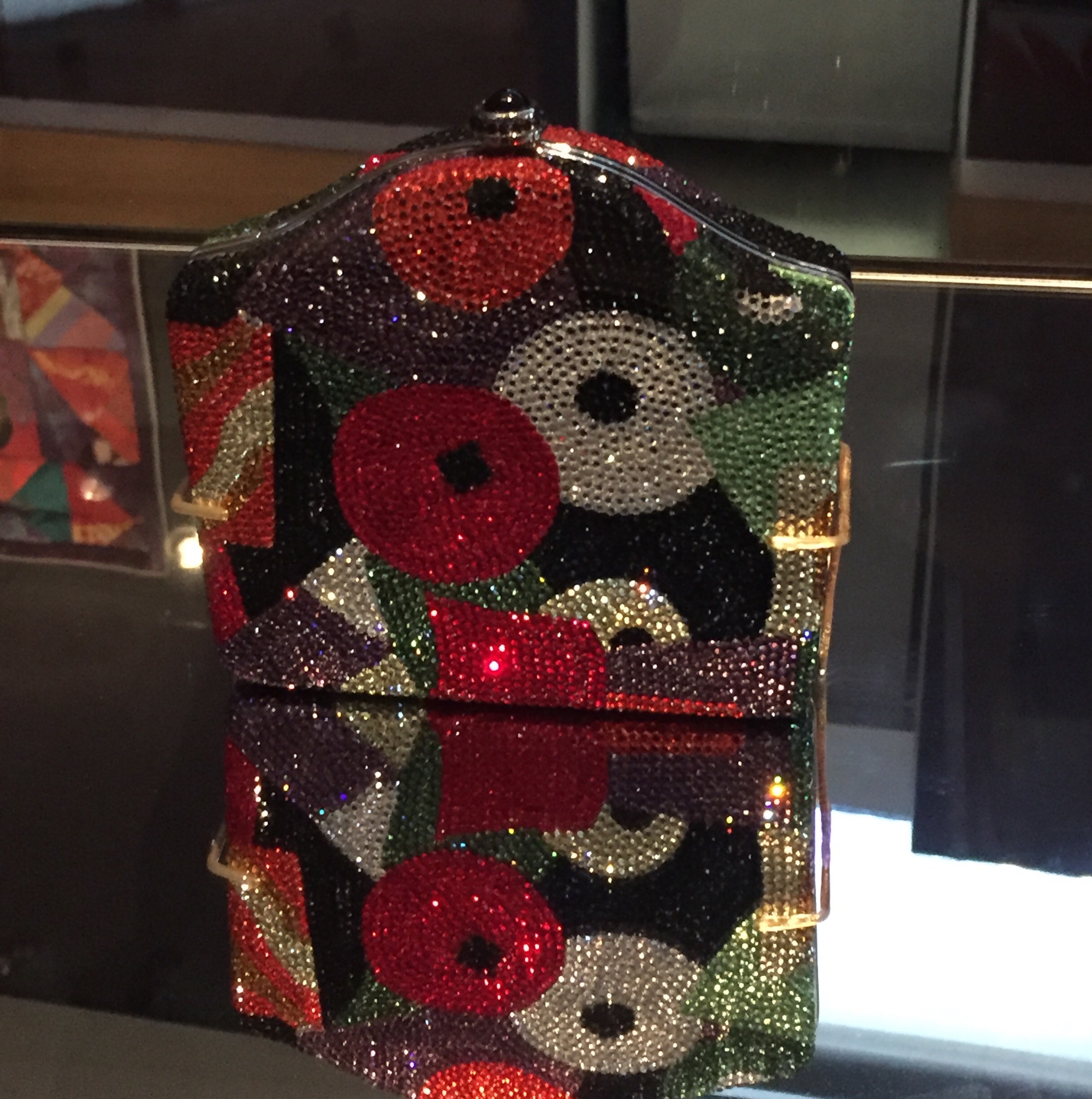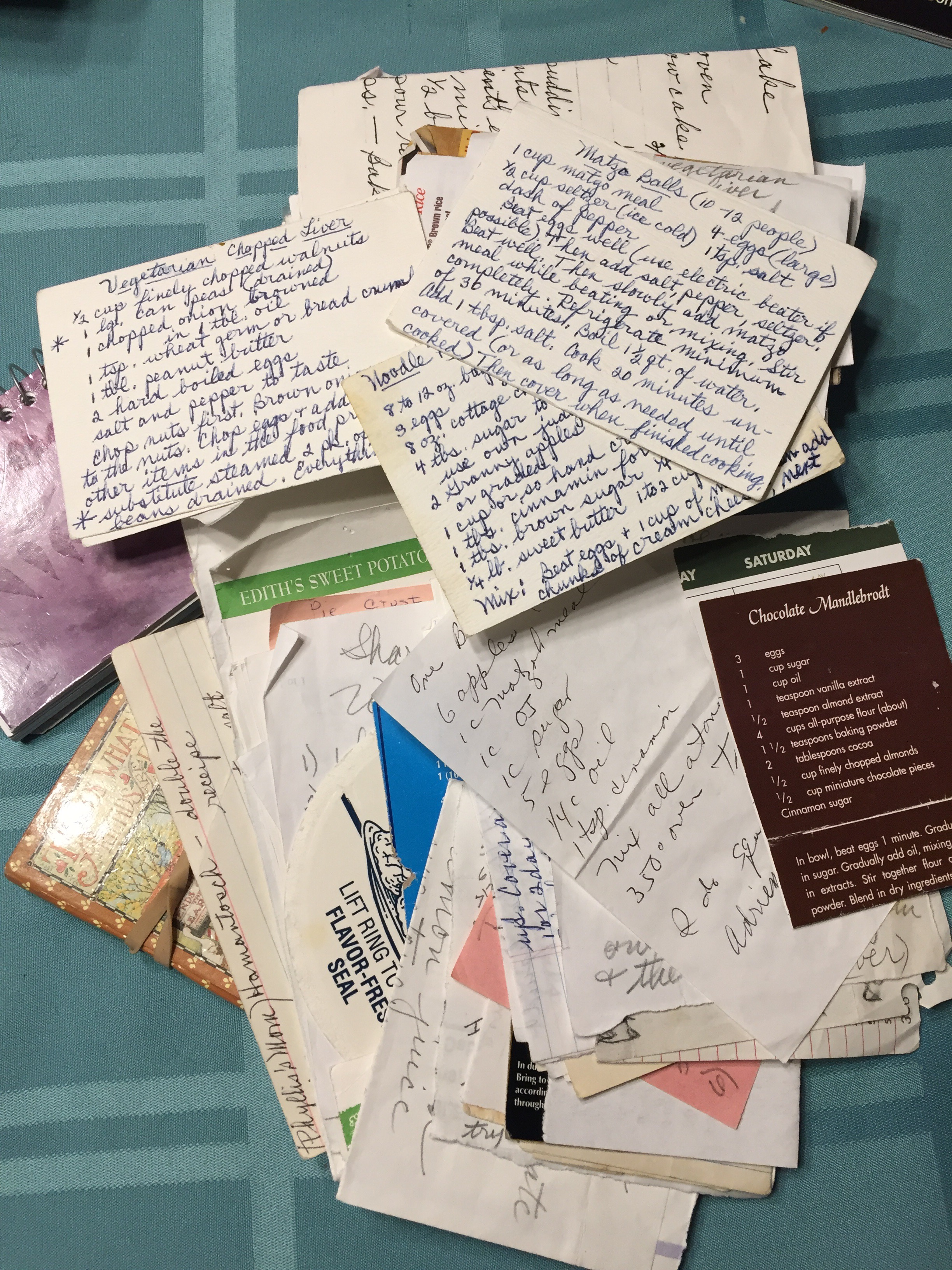In the last few months, I have had people ask me about Joe Biden. Does he have cognitive issue? Are you sure? He seems to hesitate when he speaks sometimes.
My response is always, Joe Biden has a stutter. People who stutter often have to stop to think about what they say before they say it. It helps with the flow.
Why am I an expert? Because it is an action I know well. From the time I was 4 until I finished eighth grade, I had a weekly session with a speech pathologist. The year before kindergarten and in kindergarten, she came to our home and worked with me.
I was fortunate. My Mom had a degree in elementary education and had worked as a teacher before she had children. She knew that the way I spoke was not going to fix itself, and so she made the necessary and important calls get me the help I needed as soon as possible.
Once I got into first grade, the sessions continued. But now I left my classroom for a half hour, once a week to meet privately with the speech pathologist at the school. I had tons of exercises to do. And tongue twisters to say. For me, “Sally Sells Seashells at the Sea Shore,” was not just a saying. It was a difficult and painful exercise, which I said over and over again in mirror. W’s and Rs were so hard to enunciate. I would look at myself in the mirror saying, “Ring, Wing, Ring, Wing.” I had to watch as my face moved. The speech teacher had me hold her face and she moved the muscles around her mouth, so that I also could move my muscles the same way.
I still do these exercises sometimes when I am alone, especially if I have to do public speaking.
People made fun of me. A friend of my grandmother’s once told me that I should go on “Laugh In” because I spoke so funny. At eight years old, I was mortified. And I did not want to go out of our house for a while. My grandmother was furious. But that did not help. It was said and it hurt.
I hated going to restaurants because I had to say my order out loud. I always wanted my Mom or Dad to do it for me. But at a certain point Mom insisted that I do it. So I fought with my might NOT to go to a restaurant. There were many battles, where my anger and desire to stay home wrecked family events. But the fear and shame of how I spoke made me defiant and added to my desire to stay home.
I hated talking on the phone, for fear the person on the other end would laugh. But my Mom would make me answer and practice phone skills with me. My Mom never backed down. I was going to learn to talk!
There were people who helped. The Good Humor man in the Catskills was my buddy. He always listened to me and knew what I wanted to order. When he retired, the new ice cream man had a chocolate sundae waiting for me, ordered by our old ice cream man. I called it a “yorchlet undae.” But the Good Humor men had compassionate, and always waited while I ordered.
My cousins and my good friends who knew me from early childhood, never made fun of me. They waited and let me talk. They understood what I said. But even if they didn’t, they helped me find the words.
But it was my father’s first cousin, David, who stuttered, who made the biggest difference. I will never, ever forget. We did not see him often. But at every big family event, he was there. And it was at one of my cousin’s bar mitzvah that David decided that it was time. Perhaps my Dad spoke to him. All I know, is that he helped as only he could.
I was so shy. I was standing up against a wall, not speaking, when David came over to me. I don’t remember everything he said, but his message was clear. IF he could do it, I could do it. He still stuttered sometimes, but I needed to know that I was a good person. And that the speech impediment did not define, SHOULD not define, who I was and impact my life anymore. We spoke for a long time. He told me his story. He told me how he got through with his speech impediment, went to college, got married and had a great job. He expected me to do the same. He gave me the confidence my parents could not give me as they did not understand.
I remember my father came up and asked if everything was ok. David say, “More than okay.” He hugged and told me if I ever wanted to talk again, that my Dad would call him. That he would always speak to me. And he did!
As a child, the show and movie, “The Music Man,” was my favorite because I understood Winthrop and I appreciated the Music Man, Harold Hill, who helped Harold, just as my cousin helped me!
So when I saw Brayden Harrington speak at the Democratic Presidential Convention. When I heard his story of how Joe Biden helped him. I had tears, but more, I nodded in understanding and support. It was my first cousin once removed, David, who was my helper. Who change the path of my life. Who helped me out of my shell and helped me find my voice.
From a girl who was afraid to order at a restaurant, or speak on the phone or talk to strangers, I ended up with master’s degree in journalism. I speak to strangers all the time. I speak on the phone, to groups and even taught high school. No one in my adult life knew about my issues. All that work in elementary and middle school paid off! By high school I sounded like everyone else, because I learned to compensate!
Joe Biden; the king of England George VI, so finely illustrated by Colin Firth in “The King’s Speech”; Winthrop, in “The Music Man,” my cousin, David: all overcame a speech impediment by learning skills to compensate, as I do. I know when a word is coming that I cannot say that day. Yesterday, or even a minute ago, it would come out. But at that moment I need to quickly find another to use. But I am slick and quick and I learned over the years to avoid multisyllabic words in my spoken language.
So NO Joe Biden is not slow, or demented. He, in fact, is amazing to me. That he has gone so far and learned to speak out. But more, he has become a role model of good to young people who also suffer from speech issues.
If you need help with stuttering: https://www.stutteringhelp.org/



